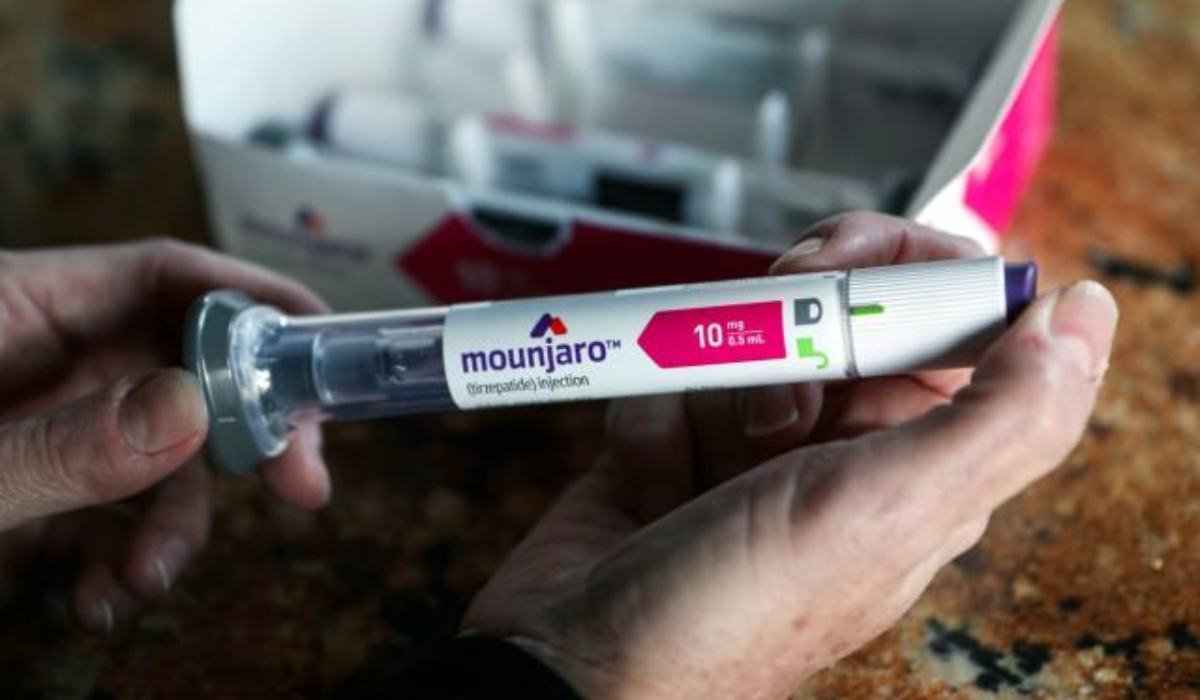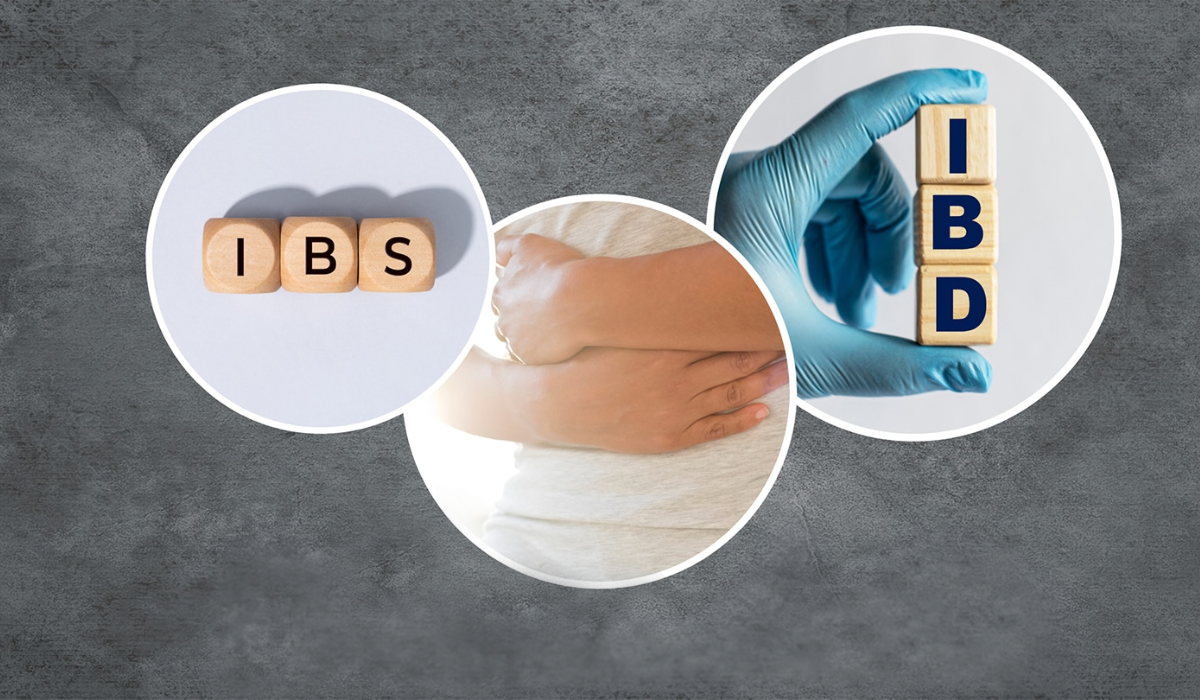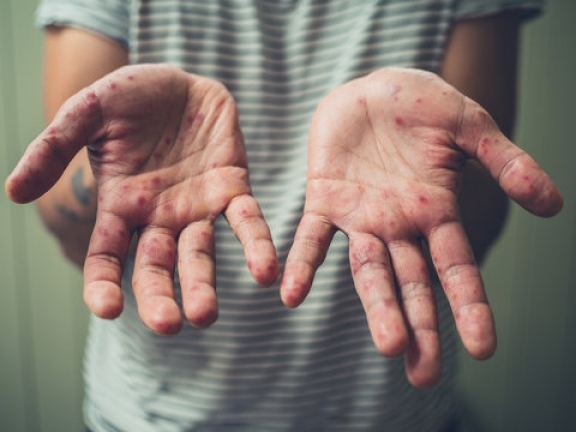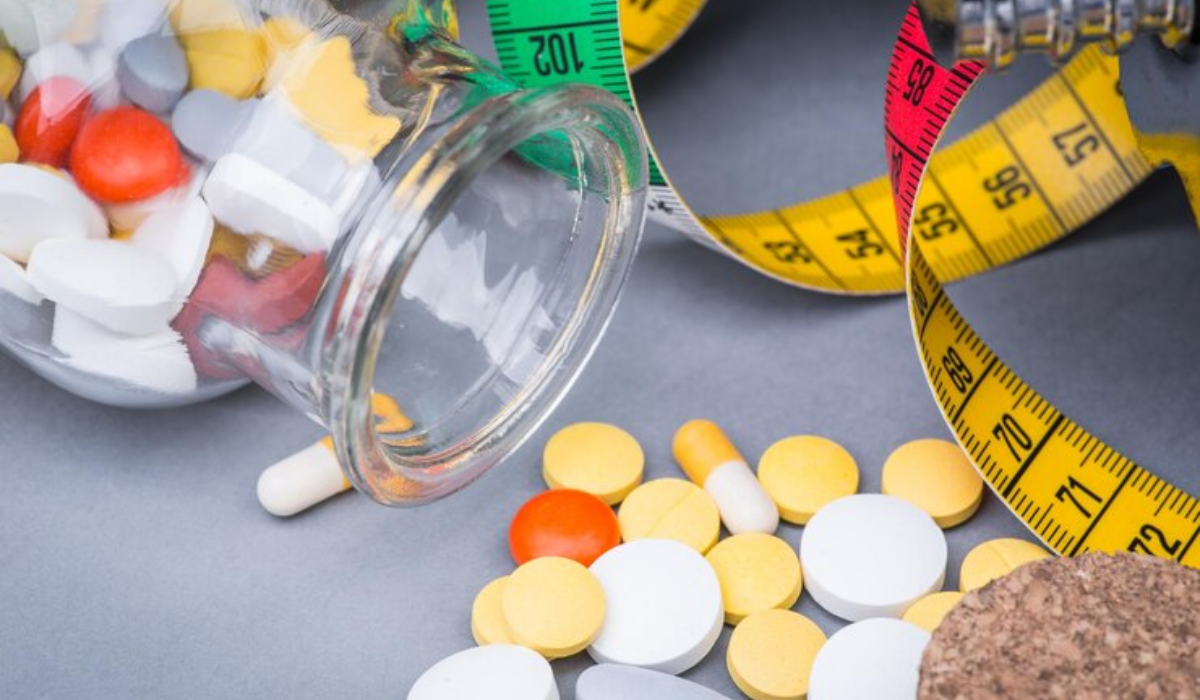Scott Read Pharmacy
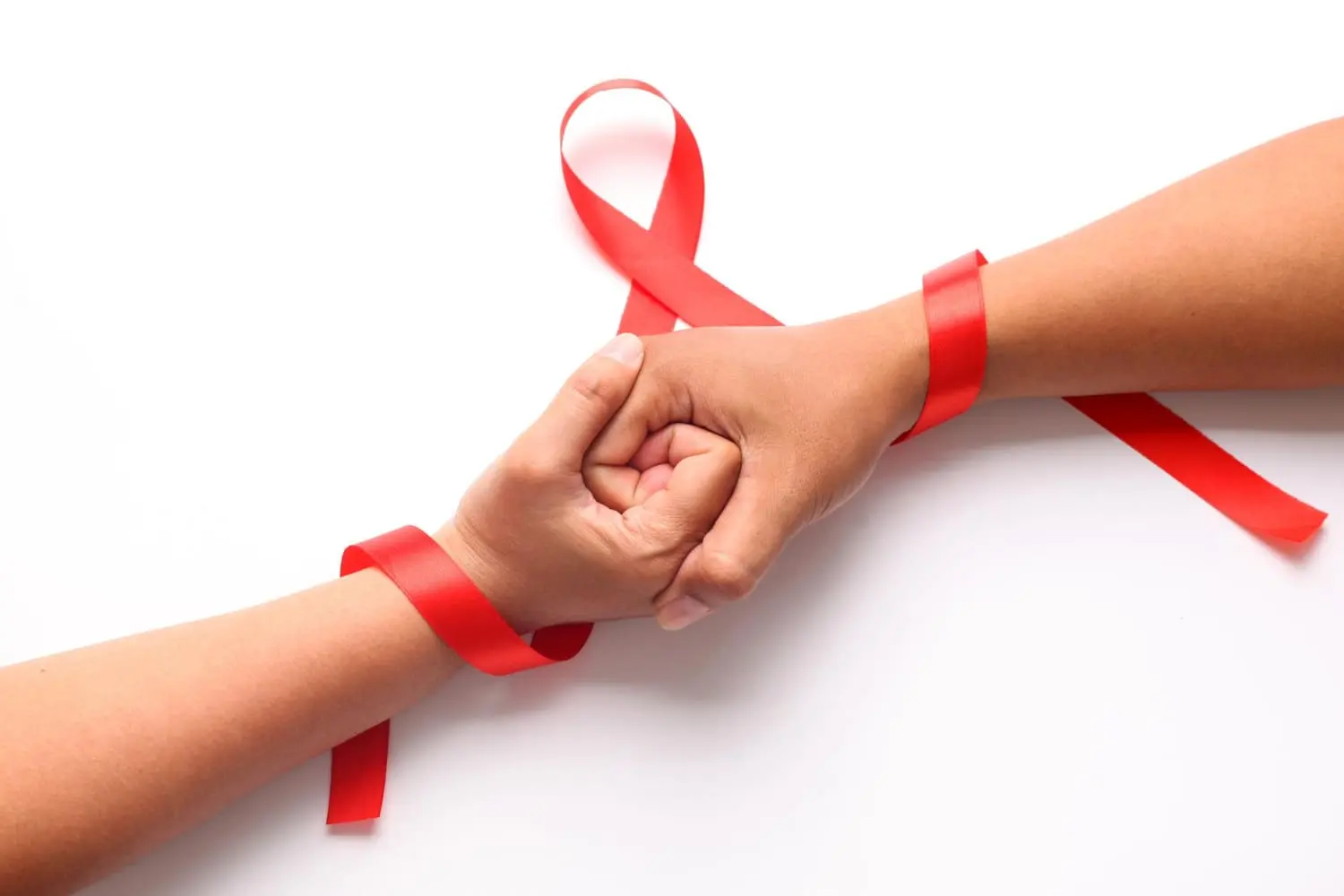
HIV Symptoms & Signs: You Should Not Overlook!
Due to people’s inability to recognize the signs/symptoms and lack of knowledge about HIV and AIDS, the spread of the virus has become a global concern. Therefore, we have done our thorough study and gathered all the information that you shouldn’t overlook at all. Whether you are wondering, what is HIV, what the early symptoms and signs of HIV infection are, or what prevention tips to consider, this article has all the important information you need. Let’s get started, shall we?
What is HIV & AIDS?
Human Immunodeficiency Virus, or HIV, is a virus that directly affects the immune system by focusing on particular CD4-positive cells. When battling illnesses and infections inside the body, CD4 is a crucial player. HIV is mostly spread through bodily fluids like blood, semen, breast milk, vaginal fluid, and anal fluids from an HIV-positive person.
Moreover, HIV can progress to an advanced form known as AIDS (Acquired Immunodeficiency Syndrome) if it is not treated. At this point, people are more susceptible to opportunistic infections and other consequences because their immune systems are weakened. There are several medications that can be taken as preventative and to manage HIV and AIDS, however, neither condition has a proven cure.
What are the Symptoms of HIV?
The signs and symptoms of HIV are based on the phases of infection; hence here we divided into three stages to understand the HIV signs and symptoms in depth.
First Stage:- Primary Infection (Acute HIV)
The first stage of HIV infection is also referred to acute or primary stage. This stage typically starts 2 to 4 weeks after the virus enters the body and is characterized by flu-like symptoms. However, it has also been observed that because they are so mild, some people may find it difficult to recognize early indications of HIV. Take note of the following HIV symptoms and signs of infection before it’s too late.
Early Signs & Symptoms of HIV
- Fever
- Headache
- Muscle strain
- Sore throat
- Weight loss
- Diarrhea
- Cough
- Night sweats
- Rashes
Second Stage:- Clinical Latent Infection (Chronic HIV)
The second stage of HIV is also known as clinical latent infection (Chronic HIV). This stage generally enters after the acute stage, when mild symptoms are turned into little easy to catch. During this stage, the HIV virus continues to replicate at lower levels in the body and is close to attacking the immune cells like CD4. However, HIV can be seen in white blood cells during the screening tests. The following are some HIV symptoms to look after to detect HIV and start HIV cure treatment/medications as soon as possible.
HIV Symptoms and Signs
- Swollen lymph nodes
- Oral yeast infections
- Shingles (Herpes)
- Pneumonia
- Respiratory tract infections
- Digestive problems
- Persistent tiredness
Third Stage:- Procession of AIDS (Advanced Infection)
If HIV is left untreated, it turns into an advanced stage known as the procession of AIDS. When the AIDS process, the immune system has severely damaged and there are high chances of losing your immunity, which leads to opportunistic infections and cancers. Hence, it is crucial to consult healthcare professionals and take complete treatment from HIV health centers to get a cure for HIV and AIDS. In addition, the following are some that showcase that HIV is turning into AIDS.
Symptoms and Signs of AIDS
- Sweats
- Chills
- Recurring fever
- Weakness
- Extreme fatigue
- Swollen lymph glands
- Rapid weight loss
- Memory loss
- Skin infections
Specific Gender
Well, HIV symptoms in women and men are not generally gender-specific. It has been seen that both males and females are able to experience similar signs and symptoms based on the stages of HIV infection. However, it’s worth to note down that some HIV symptoms and complications have a slightly higher prevalence over gender.
HIV Symptoms in Men
- Penile discharge or discomfort
- Testicular pain or swelling
- Erectile dysfunction
- Genital ulcer
HIV Symptoms in Women
- Mood swings
- Menstrual cycle changes
- Vaginal yeast infection
- Unusual vaginal discharge
- Upper belly pain
- Painful Sex
- Painful Urination
What are the Best Ways to Prevent HIV & AIDS?
The following are essential prevention tips to take into account in order to reduce the risk of HIV transmission and protect your well-being.
- Get tested for HIV & STIs
- Make sure to use sterile equipment.
- Practice safe sex and consider using a condom
- Take complete treatment
- Consult an HIV doctor
- Avoid sharing syringes or needles
- Take doctor-prescribed medicine to cure HIV
- Protect yourself with PrEP
Conclusion:
Unfortunately, there is no cure for HIV/AIDS, but the community pharmacy in Houston has discovered medications that can help HIV-positive people manage their infection and stop the spread of the virus to others. HIV and AIDS have become a primary global health concern. Therefore, as soon as you notice an HIV symptom, go to your doctor about it and get a blood test for HIV; this is the only way to find out whether or not you are infected with HIV. If you’re looking for HIV and AIDS medications, Scott Read Pharmacy, the best pharmacy in Houston, is here to support you during the outbreak of HIV.
Recent Posts
Recent Blogs
Study Reveals: Mounjaro leads to far more weight loss than Ozempic.
Study finds Mounjaro outperforms Ozempic in weight loss If you struggle with obesity, you’ve undoubtedly already heard all of the…
IBS or IBD: How do these two diseases vary?
IBS or IBD: How do these two diseases vary? We’ve all had uncomfortable digestion at some point. Bloating, painful cramps,…
Are Weight Loss Medications Worth it? A Deep Dive Into it
Scott Read Pharmacy: Elevate your health journey with our personalized weight loss medications, ensuring safe and effective results. Trust us for…
Scott Read Pharmacy is proudly powered by WordPress

